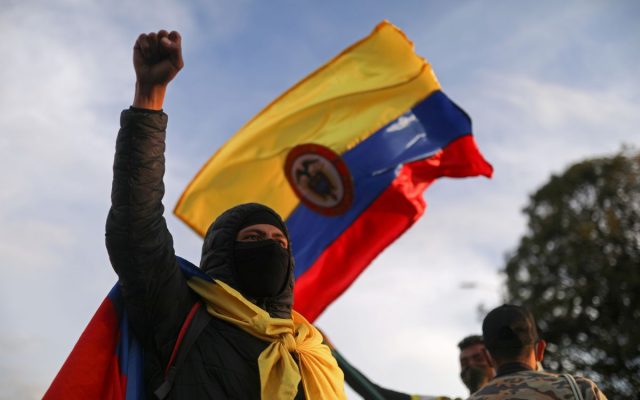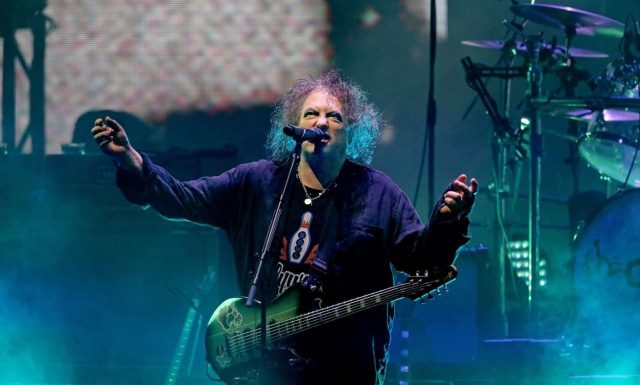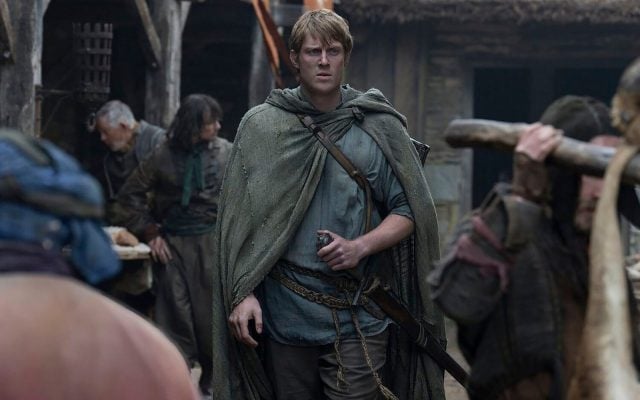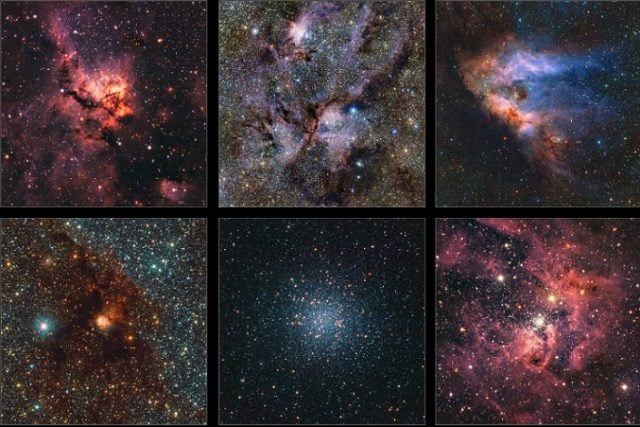After two weeks of marches in Colombia, the demands of those who have taken to the streets have increased amid a panorama of acts of violence, reports of police abuse, actions by armed civilians and blockades in cities like Cali.
A new day of demonstrations took place this Wednesday, just days after an «exploratory approach» without agreements between the Government and the organizers of the protest in the context of a critical situation with acts of violence in the city of Cali. In cities such as Bogotá, Cali, Medellín, Pereira, Bucaramanga and Manizales there will be rally points so as to march «For peace and life», as it has been called by its organizers.
During 15 days of marches and sit-ins, the Ombudsman’s Office has reported the death of 42 people (41 civilians and one policeman) and 168 citizens remain missing. According to a report by Nathali Gómez for RT, the protests have been characterized by growing social pressure and by droplets of concessions from the President of Colombia, Iván Duque, in the face of the main demands of those who have called the demonstrations since 2019 and (the organizers) point out that Duque has not complied with what was agreed at that time.
To the context of violence, where there were already complaints from human rights defense organizations about the «excessive use of force» by the security forces in containing the marches and sit-ins, there have also been attacks by armed civilians. against those who participate in them. The government, however, has yet to express itself clearly on these allegations.
Duque’s position and international appeals
Although, from the government side, the discourse on the «vandals» and «terrorists», whom it blames for being behind the acts of violence in the framework of street activities, has been moderating, Duque has remained firm in the call to lift the blockades of some roads that prevent free traffic. Until now, «humanitarian corridors» have been established, for certain hours, in some accesses to cities to allow the passage of food, fuel and medicine, among others.
Although the president has avoided speaking directly about the complaints of police abuses, he has rejected «all forms of violence» and has asserted that «if there are individual behaviors that are contrary to the Constitution and the law» they must be «investigated and punished». However, the US, one of its allies in the region, has been more emphatic, stating that «as well as condemning violence and vandalism», it calls on the Police to respect the rights of peaceful protesters, according to State Department spokesman Ned Price.
At the gates of a negotiation process between the Executive and the sector that coordinates the demonstrations, the European Union has called for a «solid and inclusive dialogue» that «generates consensus». However, the possible rapprochement of the Casa de Nariño with the members of the Central Única de Trabajadores (CUT – Central Workers Union), responsible for calling a national strike, is not seen by some social sectors, including peasants, women and indigenous people, as the end of the conflict because they consider that the demands they take to the table, do not condense their needs.
Actions without agreements in Colombia
Since the middle of last week, the Government began a series of meetings to seek solutions to the crisis. So far, there have been meetings with State institutions, opposition political parties, local authorities, young people, health workers and with the National Unemployment Committee, which was one of the most anticipated and which took place last Monday.
Following the closing of the exploratory meeting, the Committee said that no agreement had been reached and called it «unsuccessful». However, the next day the High Commissioner for Peace, Miguel Ceballos, who has been the government spokesman in the processes of rapprochement with various sectors, reported that the Executive was willing to start a negotiation process that will be accompanied by the Catholic Church. and the United Nations (UN), as requested by the protest coordinators.
The CUT has been reiterative in its demand to «stop State and parastatal violence», to «demilitarize the protest» and to «act urgently in Cali» to be able to sit down and talk. On the other side of the table, however, there has been no direct answer.
For his part, Duque has met certain demands unilaterally, without being the product of rounds of dialogue with the organizers of the demonstrations, who have established a national emergency statement since 2020 that includes issues such as the payment of basic income for 30 million people in vulnerable situations; acceleration of the vaccination process and exemption from tuition fees for students, among other demands.
Among his recent announcements during his trip to Cali about the claims that have been the flags hoisted in these protests, the president reported that in the second semester of this year, higher education students from strata 1, 2 and 3 (the lowest) will have free registration. In addition, he announced that this Wednesday phase 3 of the national vaccination process will begin, which includes teachers, the Public Force and people with pre existences and comorbidities.
Situation in Cali
The capital of the Valle del Cauca department is the epicenter of the protests. Among the most recent acts of violence is an attack against an indigenous minga caravan, carried out by armed civilians and police, which left at least nine people injured.
Faced with the complex situation, which includes the obstruction of some roads and claims so that there would be State presence to address the problems of the most impoverished sectors, the president traveled to Cali on Tuesday for his second visit this week. From there, he said that he evaluated the security measures and actions to guarantee supplies.
So far, the security forces have opened 17 points with departures to the Alfonso Bonilla Aragón International Airport and to several municipalities that were blocked in the capital of Valle del Cauca, department where the port of Buenaventura is located, the main port of the country with access to the Pacific ocean.
For its part, the indigenous minga of Colombia announced on Tuesday that after participating in the activities on Wednesday, it will return to the neighboring department of Cauca, where it will continue with actions of protest. As reported, they decided to dissociate themselves from the CUT because they reject the negotiation process with the Presidency, because they consider that their requests do not «include or represent» those of the popular mobilization.
Although the Colombian president seems to have yielded on some points that are part of the most repeated claim by the organizers of the protest, it remains to be seen if they meet the expectations of those who have taken to the streets to ask for measures to alleviate poverty, which affects 42% of the country’s population, in the midst of the coronavirus crisis and demands for a greater State presence in areas affected by violence and inequity.
For now, the meetings of the Colombian government with the different sectors will continue throughout this week, pending a second meeting with the organizers of the national strike.












